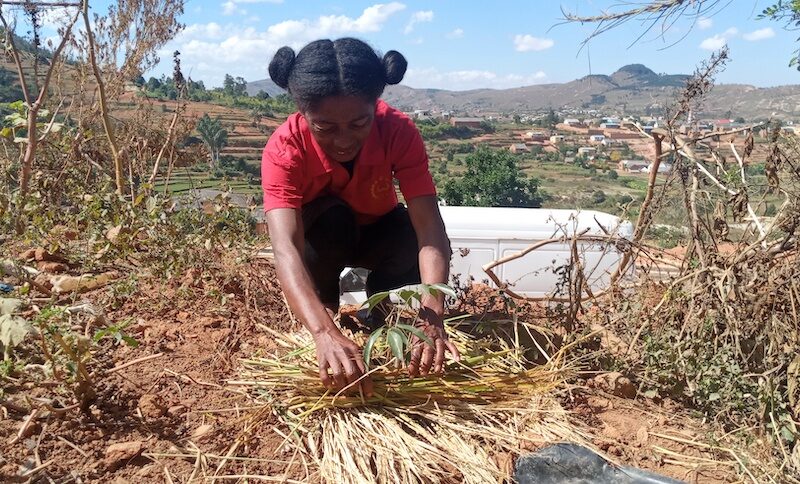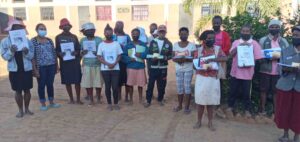Made In Africa (MIA) continues community literacy and support programme in Madagascar

Bean-to-bar ethical chocolate company MIA, short for Made In Africa, has offered a progress update on its community programme called 1 for Change to support development initiatives in the region benefitting key supply chain communities in Madagascar, writes Neill Barston.
As the company explained to Confectionery Production, the country, which has been responsible for some especially high grade premium cacao, has significant social issues, with 23% the adult population is illiterate according to World Bank statistics.
In previous coverage, Brett Beach, MIA co-founder, has explained its ongoing mission, which centres on assisting communities through a business model based on retaining chocolate manufacturing at source – enabling a greater share of profits to be kept in Madagascar.
He said: “During the six years I lived in Madagascar, I had first-hand experience with people who didn’t have the opportunity to learn to read and write. Knowing that literacy unlocks a world of potential and allows people to better their lives, it was always heart-breaking to see someone disenfranchised through no fault of their own.”
The Parent Literacy & Business Basics Programme was implemented in partnership with UK charity Money for Madagascar and benefitted the community around the Mahitsy Primary School in the highlands of Madagascar where MIA previously helped fund the construction of a school kitchen and provide fruit tree scholarships.

In addition to acquiring literacy, twenty parents benefitted from business training and ten fruit trees for a family orchard. Money for Madagascar Director Irenée Rajaona-Horne explains: “The project is designed to improve livelihoods in practical ways. Firstly, literate parents are more productive members of school committee that are crucial to maintaining and are empowered to help their children with homework. The business training and fruit trees allow beneficiaries to improve family nutrition and provide a secondary income to help with school fees, health care and other essential needs.”
According to Money for Madagascar, ten trees can generate enough money to pay for the school costs for up to seven students, enabling parents to keep their children in school longer and earn extra income. Thanks to the empowerment of twenty parents in this project, 140 children will be better educated and nourished.
